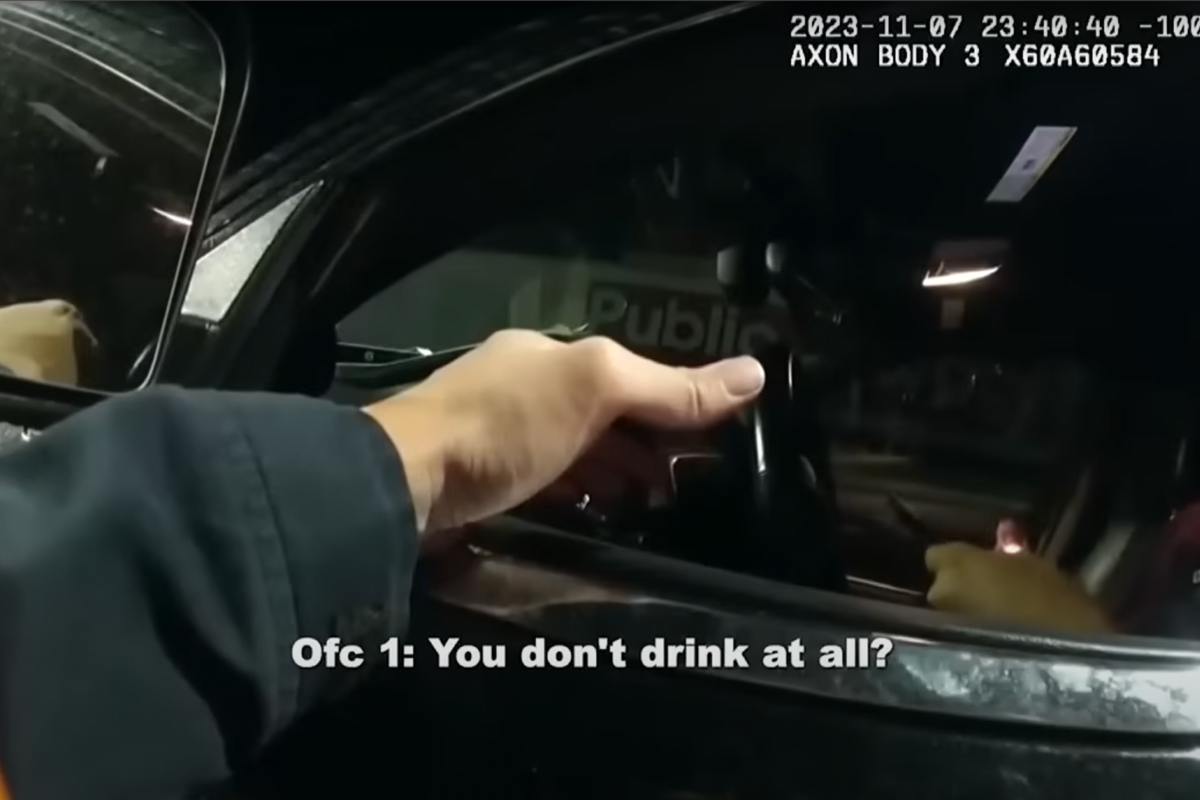The Controversy Surrounding DUI Arrests in Hawaii: Unpacking Recent Trends and Allegations
Introduction to the Issue
In a striking case out of Honolulu, a young woman named Sarah Poppinga found herself at the center of a troubling trend in law enforcement practices. Pulled over for a minor infraction—a broken tail light—she was subjected to a field sobriety test despite having consumed no alcohol. The aftermath left her traumatized: arrested, taken to a police station, and ultimately released with a breathalyzer reading of 0.00. This incident highlights what many are calling an alarming pattern of allegedly unwarranted DUI arrests in Hawaii, raising critical questions about law enforcement practices and public accountability.
A Growing Concern
Poppinga’s experience is not an isolated incident. According to recent allegations by the American Civil Liberties Union (ACLU) of Hawaii, police across the state have increasingly made arrests on dubious grounds, ostensibly in a bid to fulfill certain quotas. Many drivers, who show no signs of impairment and who pass field sobriety tests with flying colors, have been arrested only to have their breathalyzer results indicate they had no alcohol in their systems. This troubling statistic—the arrest of sober drivers—spurred the ACLU to take action, filing a lawsuit that claims such arrests are not only unjust but also indicative of a broader pattern of misconduct by law enforcement.
Legal Actions and Implications
The ACLU’s lawsuit asserts that from 2022 to 2024, there were 127 arrests in Honolulu of individuals who tested with a blood-alcohol content of 0.000. Notably, out of these arrests, only 15 individuals received traffic tickets, and merely three were charged with driving under the influence of drugs. This raises questions about the criteria under which arrests are made and whether or not there exists a flawed system contributing to these encounters.
Jeremy O’Steen, an attorney involved in the case, voiced the collective frustration of their clients, stating, “Each of our clients blew a 0.000. None of them were intoxicated.” O’Steen’s plea is clear: stop arresting innocent people and manipulating the system.
The Experiences of Drivers
The psychological toll on those arrested cannot be overlooked. Ammon Fepuleai, another individual implicated in these questionable DUI arrests, described his experience as “humiliating.” Like Poppinga, Fepuleai passed his breathalyzer test but was still arrested. He faced no charges following the incident, leaving him with negative repercussions on his record and significant emotional distress.
Drivers have shared their experiences through various platforms, revealing a common sentiment of fear and anxiety associated with being stopped for even the most minor traffic violations. With body camera footage revealing alarming interactions between officers and innocent drivers, the narrative around these arrests becomes ever more compelling.
Patterns and Possible Quotas
The ACLU has raised suspicions about potential quotas that law enforcement may be trying to satisfy. Reports indicate that arrests have surged at the end of the month, suggesting an attempt to meet targets. For instance, on one evening, three drivers were arrested for DUI in close temporal and geographical proximity, all with breath tests reading 0.000. This has raised eyebrows and fueled the argument that officers may be incentivized to prioritize quantity over the quality of arrests.
The ACLU’s Investigation
The ACLU became aware of these troubling trends through investigative journalism, including reports by Hawaii News Now’s Lynn Kawano. With the lawsuit representing multiple drivers—including Poppinga and Fepuleai—the organization aims to address this widespread issue. The named plaintiffs in the suit signify a much larger group, suggesting that hundreds of drivers may have experienced similar violations of their rights.
Police Department’s Response
In light of these allegations, the Honolulu Police Department has publicly stated that it takes the criticisms seriously. They have launched a comprehensive review concerning all impaired driving arrests dating back to 2021. Police officials have also pledged to investigate the individual cases of the plaintiffs involved in the ACLU’s lawsuit. The department emphasizes its commitment to maintaining public trust and insists that appropriate actions will be taken if any misconduct is identified.
Conclusion: A Call for Accountability
As the case unfolds, it becomes increasingly essential to analyze not just the incidents surrounding DUI arrests, but also the systemic issues that may contribute to these troubling trends. The ongoing scrutiny of law enforcement practices in Hawaii serves as a reminder of the delicate balance between ensuring public safety and upholding individual rights. The implications of this situation extend beyond the immediate plaintiffs, challenging all stakeholders—police, lawmakers, and the public—to confront the integrity of our legal and law enforcement systems.


